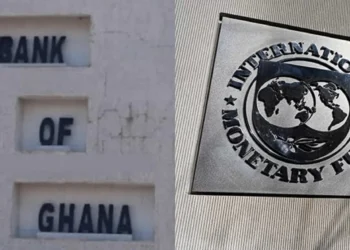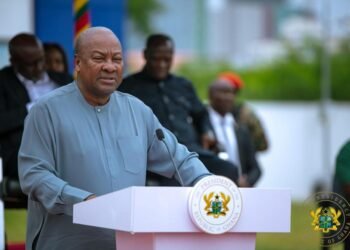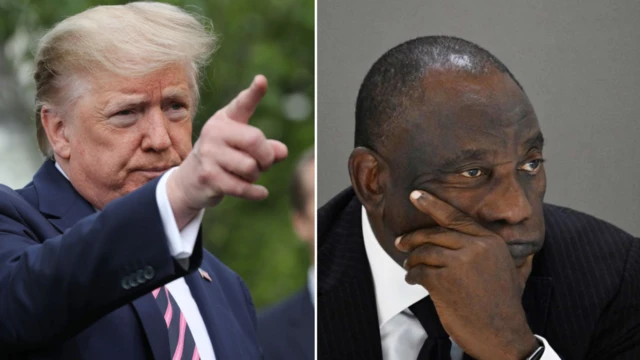Ghana, once lauded as a beacon of democracy and economic stability in West Africa, has found itself grappling with a significant financial crisis.
While internal mismanagement, corruption, and policy failures often dominate discussions regarding economic downturns, this article posits that external shocks have been crucial in precipitating Ghana’s current financial woes.
Ghana’s economy is heavily reliant on the export of commodities, particularly cocoa, gold, and oil. Fluctuations in global prices for these commodities have profoundly impacted the country’s revenue and foreign exchange reserves.
As one of the largest producers of cocoa globally, Ghana’s economy is sensitive to changes in cocoa prices. In recent years, declining global cocoa prices, driven by oversupply and decreased demand from major consumers, have reduced export earnings, leading to budgetary shortfalls.
Ghanaian highlife artist, Ofori Amponsah, has acknowledged the country’s current financial challenges.
However, despite the hardships, the musician believes the crisis is not due to economic mismanagement but rather external factors.“What we are facing as a country is external shocks. It’s true, I did economics in school, so I know it,” he remarked.
Ofori Amponsah explained that Ghana’s economic woes cannot be fixed by any single political party, stressing the importance of collective effort to turn things around.
“Every country goes through financial challenges, and this is the time for Ghana. We don’t have to give up because no one person can fix it alone. We need the whole country to come together to address this, it’s not something one party can handle.”
Ofori Amponsah
Gold has historically been a significant source of revenue for Ghana. However, the global gold market has experienced volatility due to fluctuating demand and changing investment trends.
Despite the discovery of oil reserves off its coast, Ghana has faced challenges in the oil sector due to fluctuating global oil prices. The 2020 oil price crash, for instance, severely impacted government revenues and foreign exchange stability.
Erratic weather patterns have led to reduced agricultural yields, impacting food security and rural incomes. This has not only economic implications but also social ones, as rural communities face increased hardship.
Global Economic Trends

The interconnectedness of the global economy means that economic trends in one part of the world have ripple effects elsewhere. Ghana has not been immune to these trends.
The global rise in inflation, particularly following the COVID-19 pandemic, has led to increased interest rates in developed economies.
As the U.S. Federal Reserve and other central banks raised interest rates to combat inflation, emerging markets like Ghana faced capital flight as investors sought safer returns in developed markets.
The pandemic highlighted vulnerabilities in global supply chains. Ghana, which relies on imports for many essential goods, faced shortages and increased costs, further straining its economy.
The musician pointed out that fluctuations in the exchange rate are inevitable with leadership changes, adding that a holistic approach is necessary to understand and resolve the nation’s economic struggles.
“For instance, maybe today the dollar rate is GHC16, and Mahama might come, and it could be GHC25. Another leader might come, and it could increase. We need to introspect as a people to identify what is truly ailing our economy.”
Ofori Amponsah
The ‘Otoolege’ hitmaker lamented the growing trend of Ghanaians leaving the country in search of better opportunities abroad.
The ongoing conflict in Ukraine has had far-reaching consequences, including disruptions in food and energy supplies. As a result, Ghana has faced rising food prices and energy costs, which have contributed to inflation and economic instability.
While internal factors such as policy mismanagement and corruption cannot be overlooked, Ghana’s financial crisis is significantly influenced by external shocks.
The interplay of commodity price volatility, global economic trends, geopolitical tensions, and climate change has created a perfect storm that has exacerbated existing vulnerabilities within the Ghanaian economy.
Addressing these challenges requires a multifaceted approach that includes not only sound domestic policies but also engagement with international partners to mitigate the impacts of external shocks.
As Ghana navigates its path forward, understanding the role of these external factors will be crucial in crafting effective strategies for recovery and sustainable economic growth.
READ ALSO: Bawumia Vows to Set Up Cassava Processing Factory




















